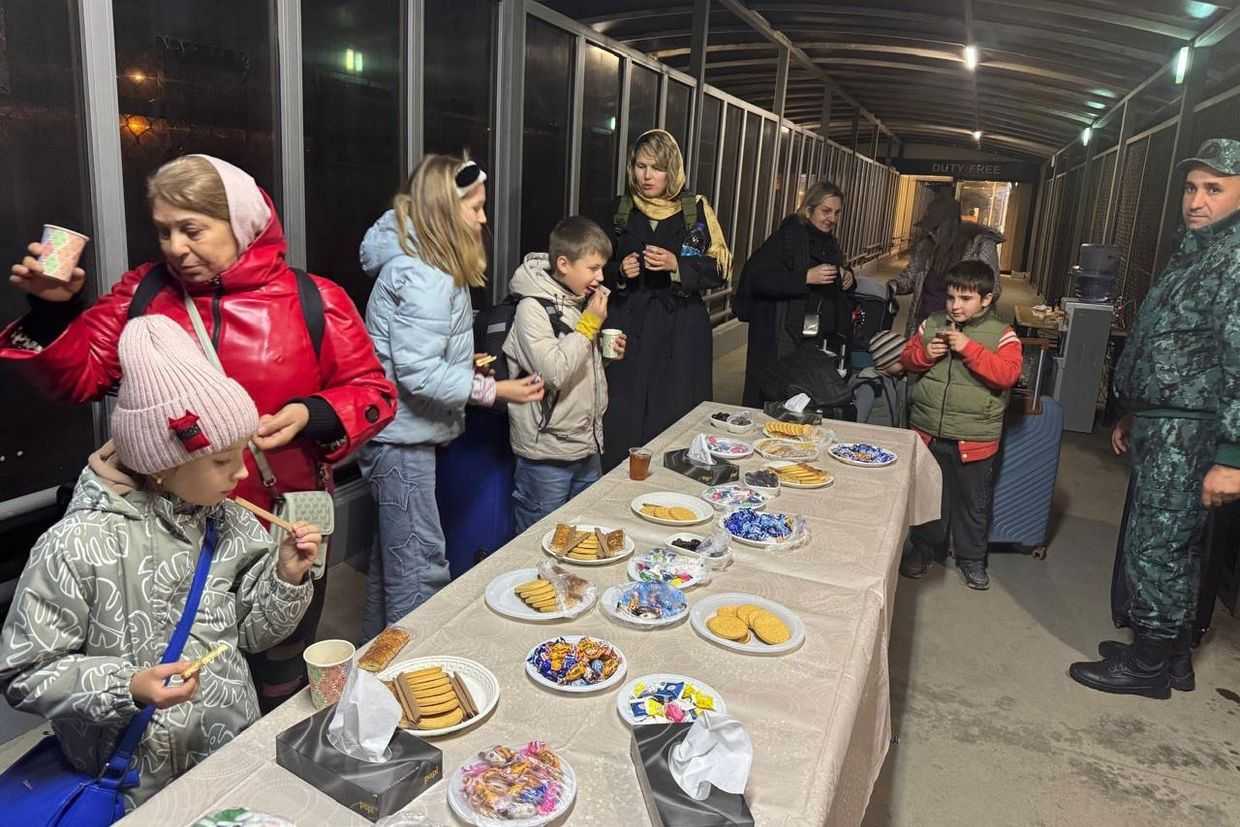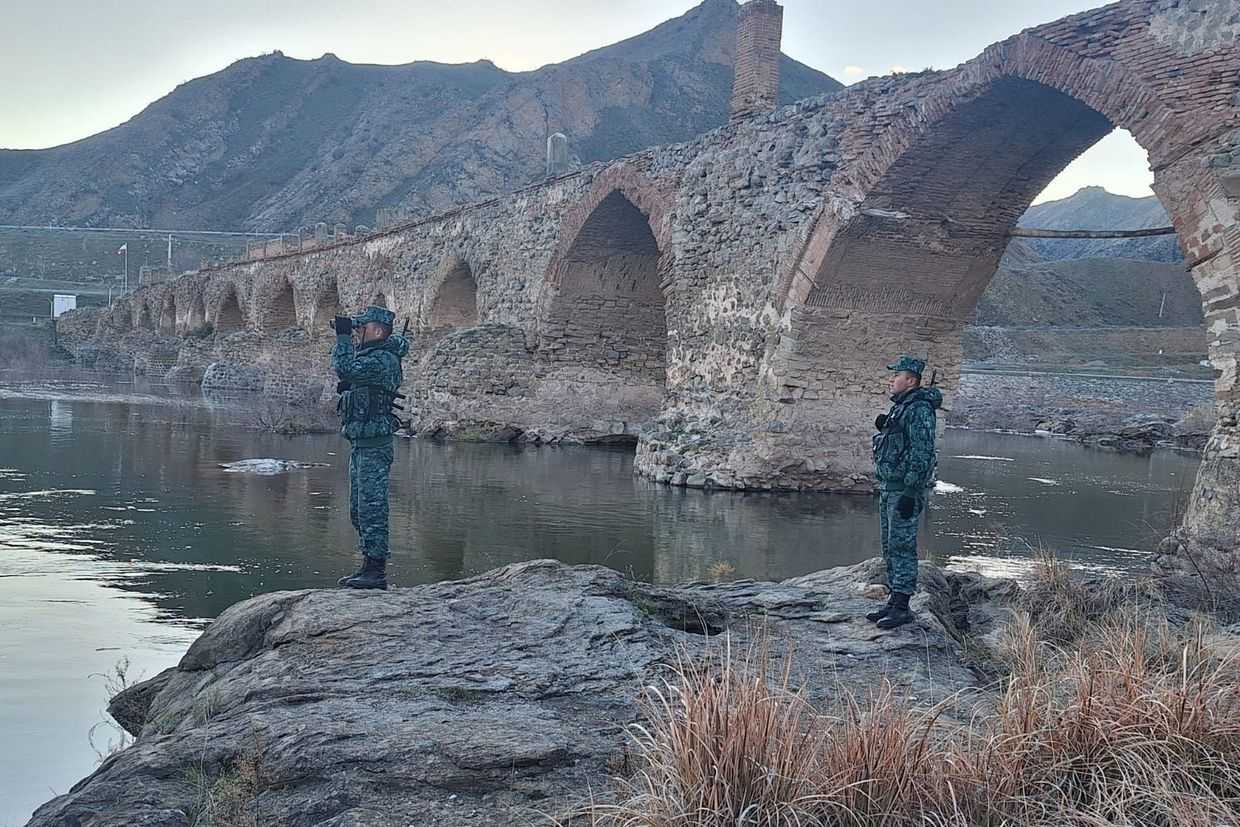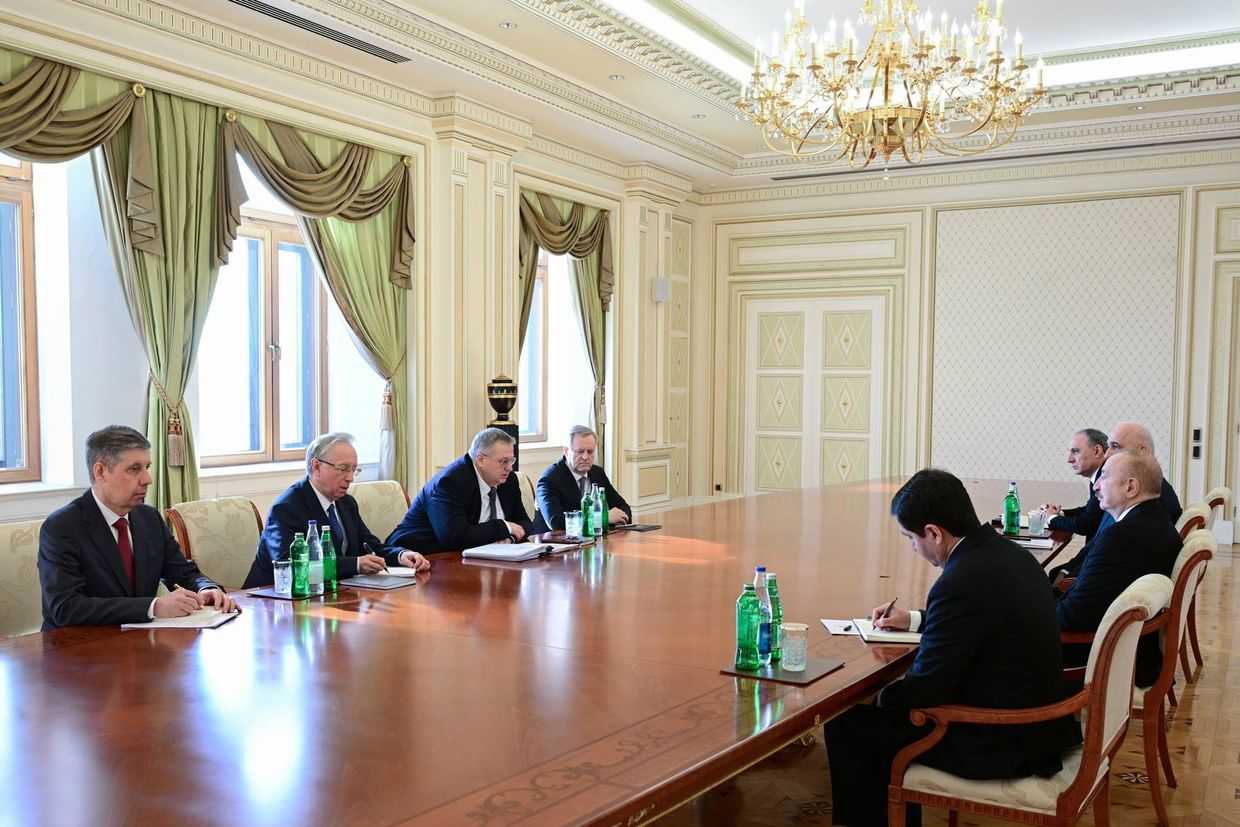
Azerbaijani news outlet Mikroskop has been taken offline in an apparent ransomware attack, with its management speculating that the government could be behind the attack.
Mikroskop’s website was taken down on Saturday with a message purportedly from the attackers appearing demanding 0.5 bitcoin ($13,000) to unblock the website. The website remained offline as of Monday morning.
The outlet’s co-founder, editor-in-chief Fatima Karimova, told OC Media that a hacker group was behind the attack.
She says that Mikroskop came under attack for its news coverage in Azerbaijan and its investigations about the Nagorno-Karabakh Conflict.
‘Although we have faced different types of pressure and attacks so far, starting from this year, the number of it increased because of the critical publications on conflict’, said Karimova.
Javid Abdullayev, Mikroskop’s co-founder, said his team had lost access to the website’s backend at noon on Saturday. He said he suspected the Azerbaijani government might have been responsible for the attack.
‘The first thing that comes to mind is the government because we have been facing constant insults and pressure for the materials we published about what happened in Karabakh recently’, wrote Abdullayev on Facebook.
‘We are also trying to contact institutions that can provide us with technical support in this matter’, said Abdullayev. ‘We are also planning on what to do if recovery is impossible’.
Abdullayev told Voice of America on Saturday that Azerbaijani news websites had not previously been subject to ransomware attacks.
‘Up until now, after an independent news website was hacked, they would try to delete its archive’, said Abdullayev. ‘On our site, the archive materials can be accessed through a link, while the homepage or admin panel are inaccessible’.
Founded in exile in early 2018, Mikroskop covers several contentious topics in Azerbaijan, including the conflict, human rights, and social and gender issues.









